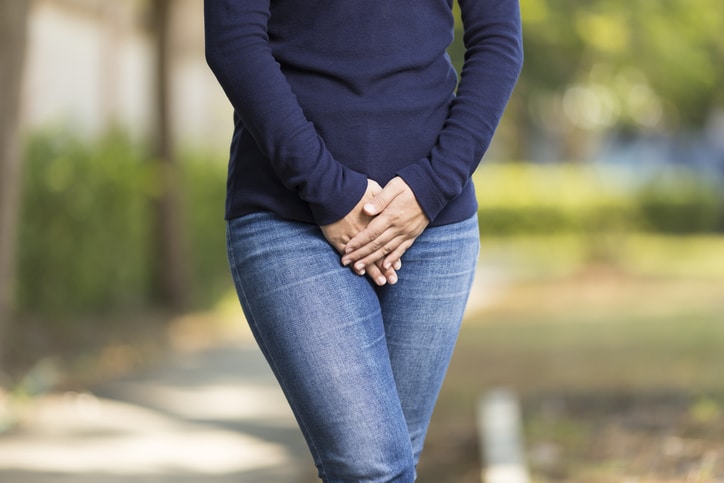They’re easy, free, and discreet, yet most women neglect the most effective method of preventing, treating, managing, and even curing urinary incontinence.
Incontinence is the loss of bladder control, whether that’s a small amount of pee after sneezing, coughing, or laughing – or total lack of control over your bladder.
Incontinence isn’t necessarily due to an underlying disease. Common causes include intoxication, unavailability of bathrooms, coughing, sneezing, extreme anxiety, or intense laughter.
According to a survey of over 15,000 Aussie women, fewer than two out of 10 (17.6 per cent) do daily pelvic floor exercises, despite incontinence affecting one in three women who have ever had a baby.
Over five million Australians in total are affected by incontinence. While some are men, 80 per cent of those reporting living with incontinence are women.
This week is Women’s Health Week, Monday 5 to Sunday 11 September, and the Continence Foundation of Australia reminds women of all ages that there’s a lot they can do to reduce their risk of incontinence. And not just older women or mothers either.
More than half of women living with urinary incontinence are aged under 50, and 10 per cent are young women aged 15 to 24.
A 2018 Australian study found that many women may stop exercising altogether after giving birth due to incontinence.
“Incontinence is preventable and treatable in the majority of cases,” says CEO of the Continence Foundation of Australia, Rowan Cockerell.
“The key is strengthening the pelvic floor and adopting a few healthy lifestyle habits.”
Apart from pregnancy and childbirth, there are several risk factors for developing incontinence.
These include age, being overweight, smoking, menopause, conditions such as diabetes, and following bladder or pelvic injury/surgery.
Mrs Cockerell says pelvic floor exercises can be done anywhere, anytime.
“You can do them on the bus, at your desk, while you’re standing in line for a coffee, and nobody will even know you’re doing them,” she said.
Pelvic floor exercises don’t just help with continence. They can also improve sexual function.
“Many people are embarrassed about any incontinence issues. We know that it can lead to some people limiting their social and sex lives and then we start to see it having an impact on their mental health,” Mrs Cockerell says.
“People think it’s just a normal part of ageing, but it absolutely isn’t, and nobody should feel they just have to put up with it. Given it’s such a common issue, there really should be no stigma attached to it.”
Ask your GP or visit continence.org.au for more information, including videos on how to do pelvic floor exercises, as well as options for further help and treatment.
To speak to a nurse continence specialist, call the National Continence Helpline on 1800 33 00 66 between 8am and 8pm, Monday to Friday.
Get the latest Canberra news, sport, entertainment, lifestyle, competitions and more delivered straight to your inbox with the Canberra Daily Newsletter. Sign up here.



